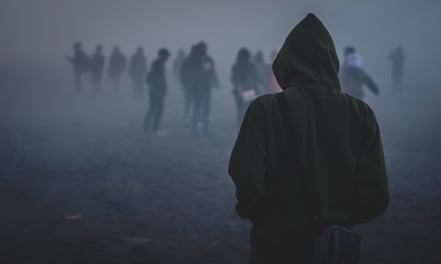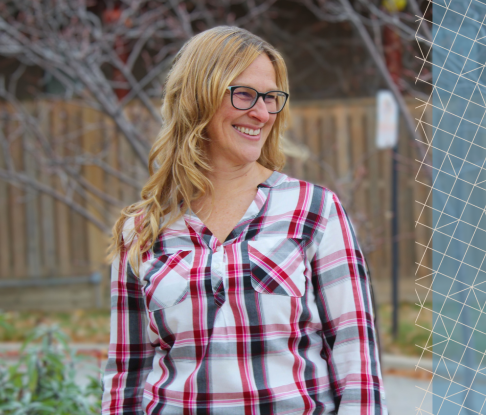Pre-COVID, there was growing evidence that loneliness was becoming a problem across all populations across Canada. It was being recognized as a public health issue.
In 2019, the Angus Reid Institute in partnership with Cardus conducted a Canada-wide study on social isolation and loneliness and the results were alarming. Not only are we spending more time alone than we would like, we are feeling lonely even when we are surrounded by others.

Post-COVID, Angus Reid conducted another survey with even worse results. Canadians have become more isolated with many voicing concerns about their mental health. Last year, two-thirds (67 percent) said their mental health was good or very good. This year just 53 percent said the same. One in five (19 percent) now share that their mental health is either poor or very poor, with three in ten young women (30 percent) reporting this.
Having fewer social connections and regular interactions also tends to correlate to other aspects of our overall well-being. If we are highly connected, we are more likely to rate our overall life satisfaction highly as well. If we are feeling socially isolated or lonely, we are more likely to rate life satisfaction as low. The more isolated and lonely we feel, the more likely we are to feel that we have no one to turn to in times of deep personal struggle or financial hardship.
An American study that surveyed 20,000 Americans aged 18 years and older, reported that nearly 50 percent of participants said they feel alone or left out "always" or "sometimes." Those who fell into the group between the ages of 18 and 22 — part of Generation Z — reported feeling more lonely and left out than older generations. Millennials also reported feeling lonelier than older generations. A Canadian Ipsos poll by Global News found that feelings of isolation were most significant among people between the ages of 18 and 34 (68 percent).
In September 2020, I connected with two youth from Ontario to get their perspective on why young people are lonelier than ever. We had a great conversation about why today’s youth are lonelier than in past generations. Here are a few reasons that came up in the conversation:
- Technology and social media
- Mental health and the generations
- Humans are wired as social beings
- Trust in people and community
- Relationships and lack of physical connections
- Communication
- Family Structure - moving around, not staying close by
John McKnight said that we don’t have a youth problem…we have a community problem. I asked the youth what communities can do to help young people so that they are not alone. The discussion was lively, and we concluded the following:
- Organizations that serve youth need to have youth at the core of the program
- Youth need to connect with those who live in their community. Get involved in community - youth giving back to youth, get your voice out there
- If you are feeling lonely or socially isolated, try one of these to bolster your sense of connectedness:
- get to know your neighbour;
- pick up the phone and call someone;
- video chat with a friend or family member;
- join a club or group; or,
- volunteer in your community.
The conversations was very informative and fun, I encourage you to take the time to listen to this podcast and other podcasts. Please note, the podcast is only available in English.
Take your Learning Further
- Learn more about Cities Deepening Community
- Learn more about Communities Building Youth Futures
- Read The Abundant Community by John McKnight and Peter Block
- Read Young People, Loneliness, and exploring friendship UK





